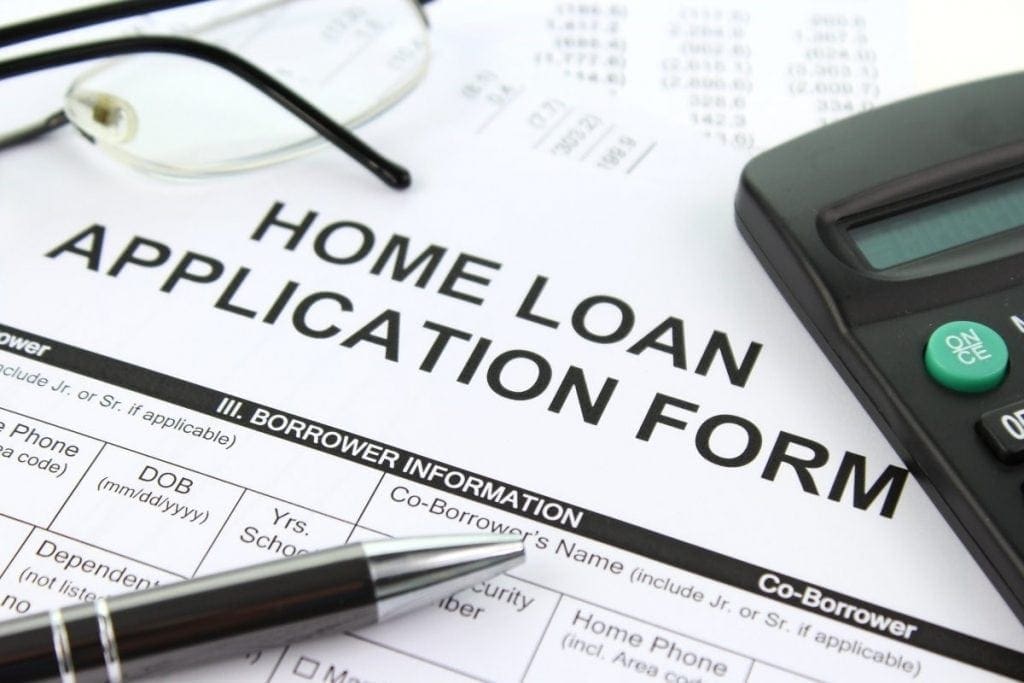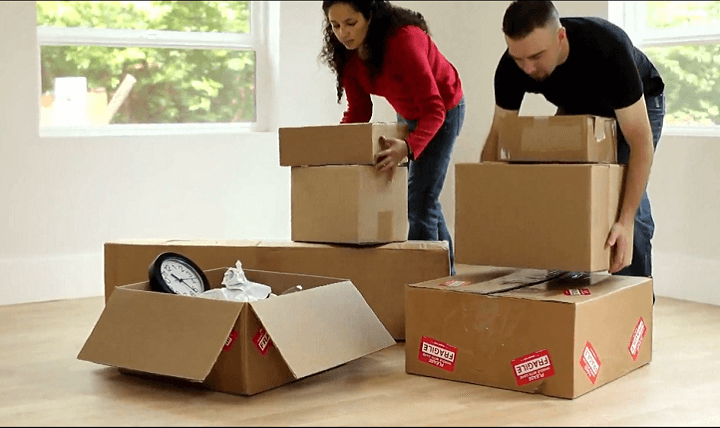Things to Consider Before Buying a New House

Buying a new house is an exciting adventure that can change your life forever. But, since the stakes are so high and there’s so much money involved, the moving process can also be incredibly scary and frustrating. Whether you’re buying a brand new home from builders or buying an older home, there are so many things to consider including purchase fees, storage costs, moving costs, property laws, home inspections and packing. The list of considerations when buying a new home can be overwhelming, so here are a few tips for a new home buyer:
Laws
Though there are Federal Laws when it comes to contracts, State laws can change drastically from place to place. Some states base their laws off Old English Law, and some use Napoleonic law. Do some research into your state’s laws, so you have a strong understanding of what to expect with your contracts, and never be afraid to reach out to a professional. It’s easy to get confused when it comes to this.
One law that’s on your side is that real-estate agents have to disclose any known information about the house. Keep this in mind, and come up with questions to ask them when buying a new construction home, or any other form of residence. If the real estate agent can’t answer your questions to a satisfactory level, you’ll need to get the property inspected yourself, or simply move on to another home. It’s not worth dealing with a home that can have potentially hidden problems.
Taxes
If you’re a current homeowner looking into buying a new home and selling the old one, you may have to consider capital gains taxes. Though costly, capital gains taxes can play a key part in keeping property prices down and preventing companies from having a monopoly over the property market. Whether you’ll be affected by it is dependent on several factors including your location, profits, properties already owned, and how long you’ve had your home for. Do some research into whether you’ll have to pay a capital gains tax so you can work this into your budget.
Fees and costs
Fees when buying a new build house, or even an old home, can really take a bite out of your budget. You may have to budget for real estate fees, lawyers, property inspectors, storage, utility connection fees and even gas while you travel between open homes.
On top of this, unexpected incidents can occur. Cars can crash, the house, as well as furniture, can get damaged in the move and storms can happen. These are just a few scenarios that can put a massive dent into your moving costs. Make sure you budget for the unexpected, and always have a pillow of money available to fall back on if you need to pay for something.
Loans
Odds are, if you’re buying a new home, you’re going to need a home loan. There are a whole lot of online calculators that can help you decide what sort of loan you can afford based on your income and a variety of other factors. Try out more than one so you can build up a better understanding of what to expect.
When you’re choosing a loan, you want to make sure your current income is enough to meet loan repayments while still covering your other bills. Budget and plan with your current income, not with a future income in mind. This way, you can make extra repayments early if you do end up getting more income.
Your home loan is probably going to be with you for a while, so you should take your time and do some careful planning before rushing into it. Look into small banks as well as big banks, and weigh up the flexibility of the loan with the rates offered. Also, never be afraid to negotiate, it could save you thousands. Remember, banks want you to take a loan out, take advantage of that.
Inspections
If you’re buying a new home, an incredibly important aspect of this process is getting it inspected. For your health, safety, and financial security, you’ll need to get it checked and tested for things like radon, asbestos, structural damage, leaks and damage, and ensure it has correct insulation.
Hire professionals, you don’t want to cut corners here. Your home is a very hefty investment. You wouldn’t put all of your money into a failing company, so why would you put your money into a home that could cost your money and health?
Storage
If you’re moving homes, the likelihood is you’re going to need some sort of storage space to keep your belongings safe while you’re sorting out your move. Here are some helpful storage space tips so ensure you get the most out of your money:
- Stack high, but stack safely. To save money on storage space, you’ll want to use as much room in your unit as you can, not just the floor space. Obviously, you don’t want to place the heavy, sharp and dangerous object at the top of your stacks.
- Remove legs from tables, desks and furniture to make the most of the available space.
- Utilize your drawers, cupboards, and shelves in the storage space. An overwhelming number of people don’t do this.
- Protect and mark all your fragile and breakable items.
You’ve Got Time
While there are a lot of things to look for when buying a new house, this is something that’s often overlooked. Buying a new home is going to take a while, embrace this. Take your time and don’t feel pressured into anything you’re not sure about.
Buying a new home all comes down to patience, timing, and research. Always know what to look for when buying a new house, and if you’re unsure, ask a professional. This is one of the biggest decisions of your life, so don’t overlook anything.

About the Author: Alex Cordier
Alex Cordier is a freelance writer, who has been published across various sites on topics including home, travel, health and lifestyle. She is most passionate about home design and home living. You can read more of her work at Alex-Cordier.Tumblr.com.



